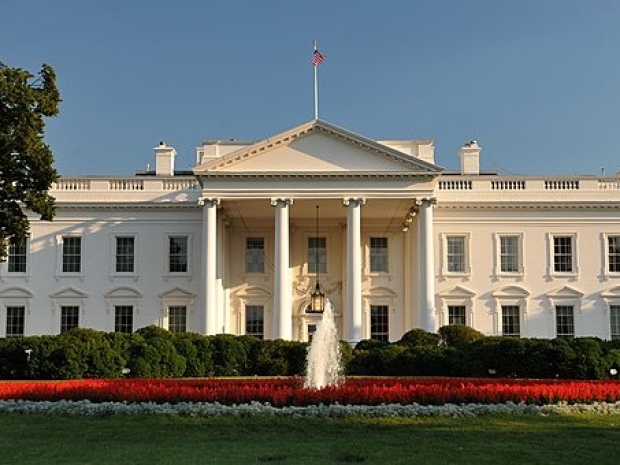The agreement would be the first legally binding UN treaty on cybersecurity, potentially establishing a global framework for countries to cooperate on preventing and investigating cybercriminals.
Treaty critics fear it could be exploited by authoritarian states to target dissidents or collect data on political opponents.
Hundreds of submissions from advocacy groups and other parties have voiced concerns over US involvement. The US plans to strictly enforce human rights and other safeguards in the treaty, with the Department of Justice closely scrutinising requests and refusing assistance inconsistent with the agreement.
Last month, six Democratic senators warned that the treaty could "legitimise efforts by authoritarian countries like Russia and China to censor and spy on internet users, furthering repression and human-rights abuses around the world."
While they commended Biden’s efforts to mitigate harm, they insisted more must be done to prevent the convention from justifying such actions.
In its current form, the convention poses "a serious threat to privacy, security, freedom of expression and artificial intelligence (AI) safety," the letter added.
Biden’s team claims there are compelling reasons to support the treaty. For instance, it would advance the criminalisation of child sexual-abuse material and the non-consensual distribution of intimate images.
Additionally, broader involvement of member states would enhance the availability of cybercrime and electronic evidence to the US. If all members sign the agreement, it will update extradition treaties and provide more opportunities to apprehend and extradite cybercriminals.
While the treaty is expected to pass the UN vote, it is unlikely to be ratified by the US government without the implementation of human-rights controls, officials said.




